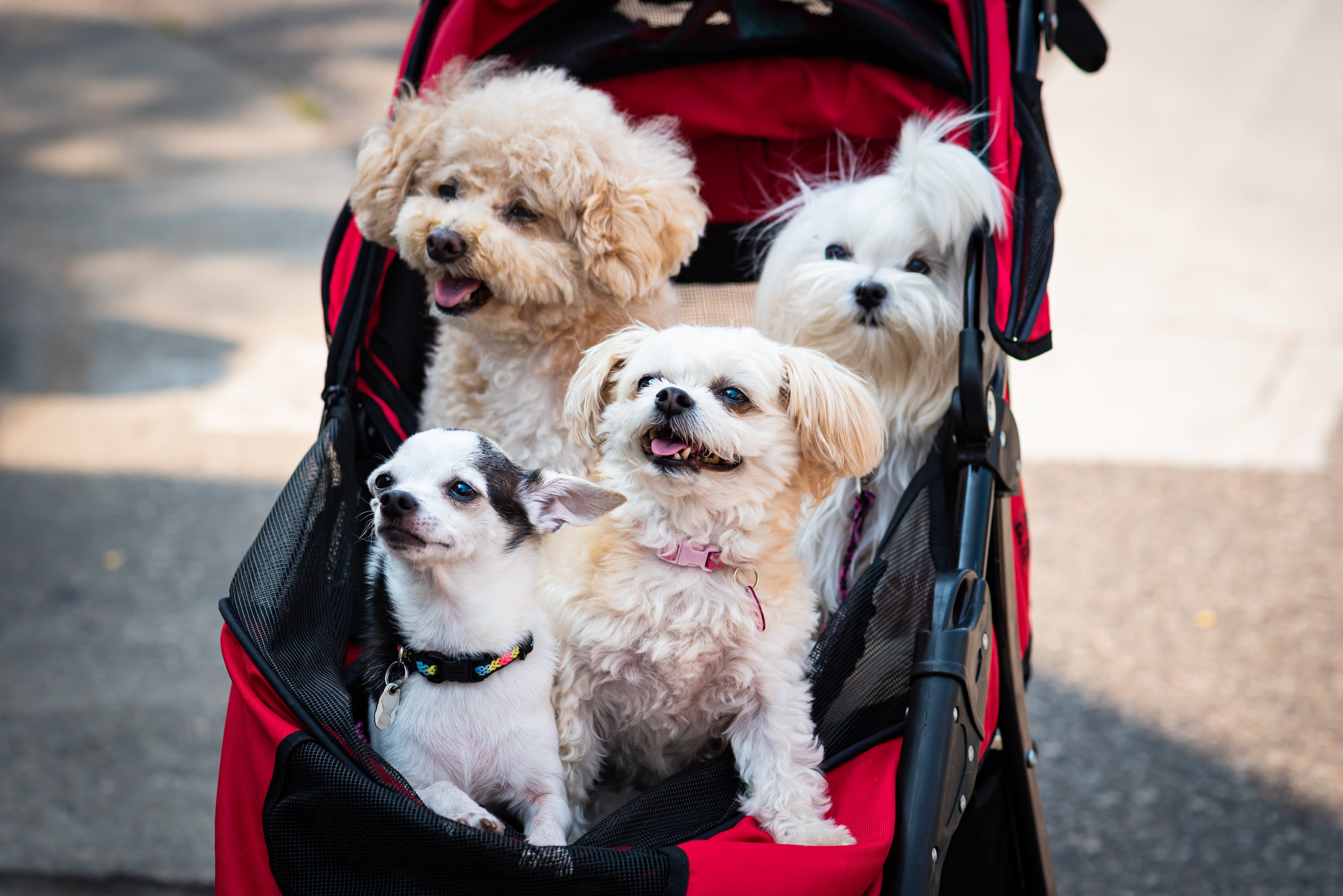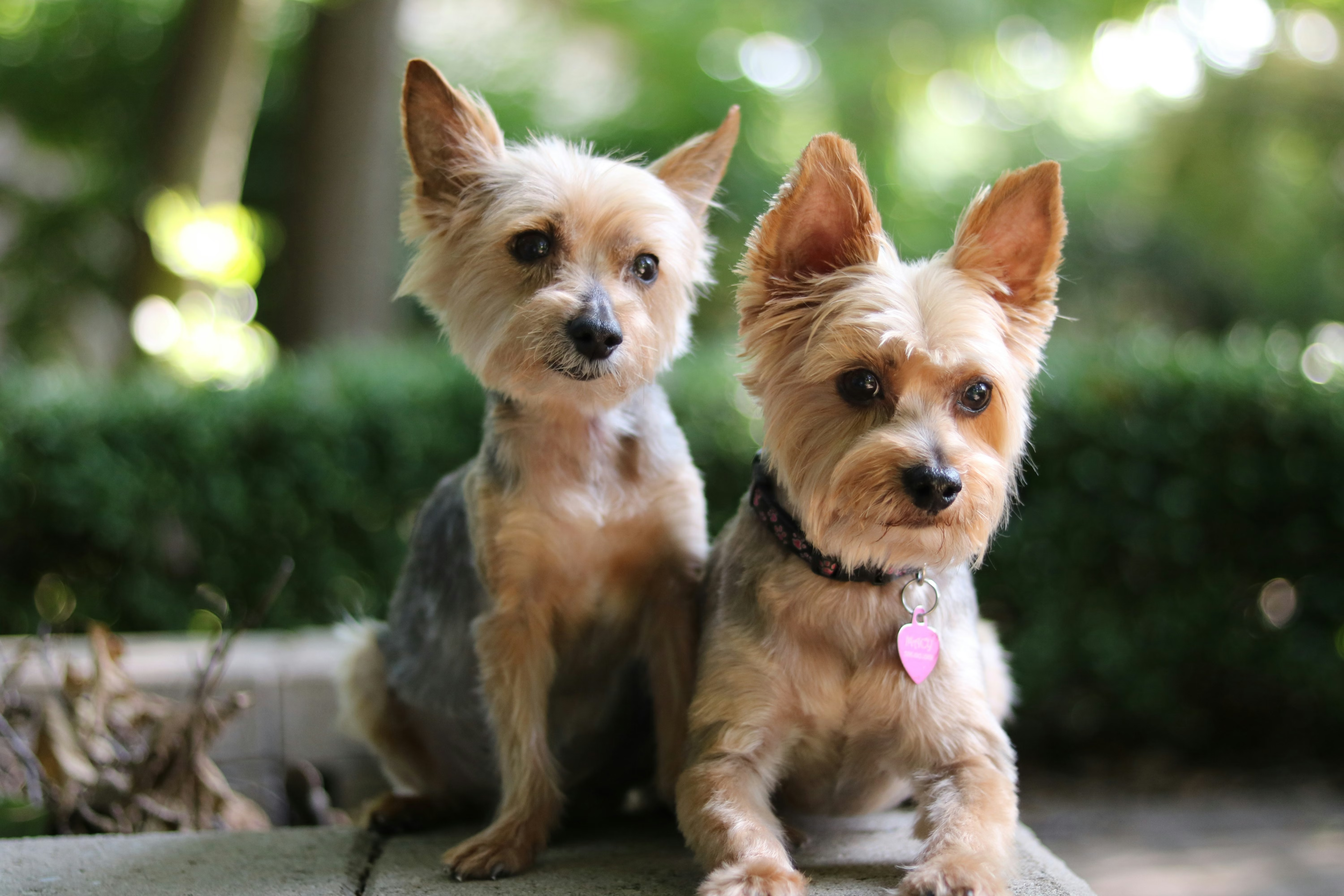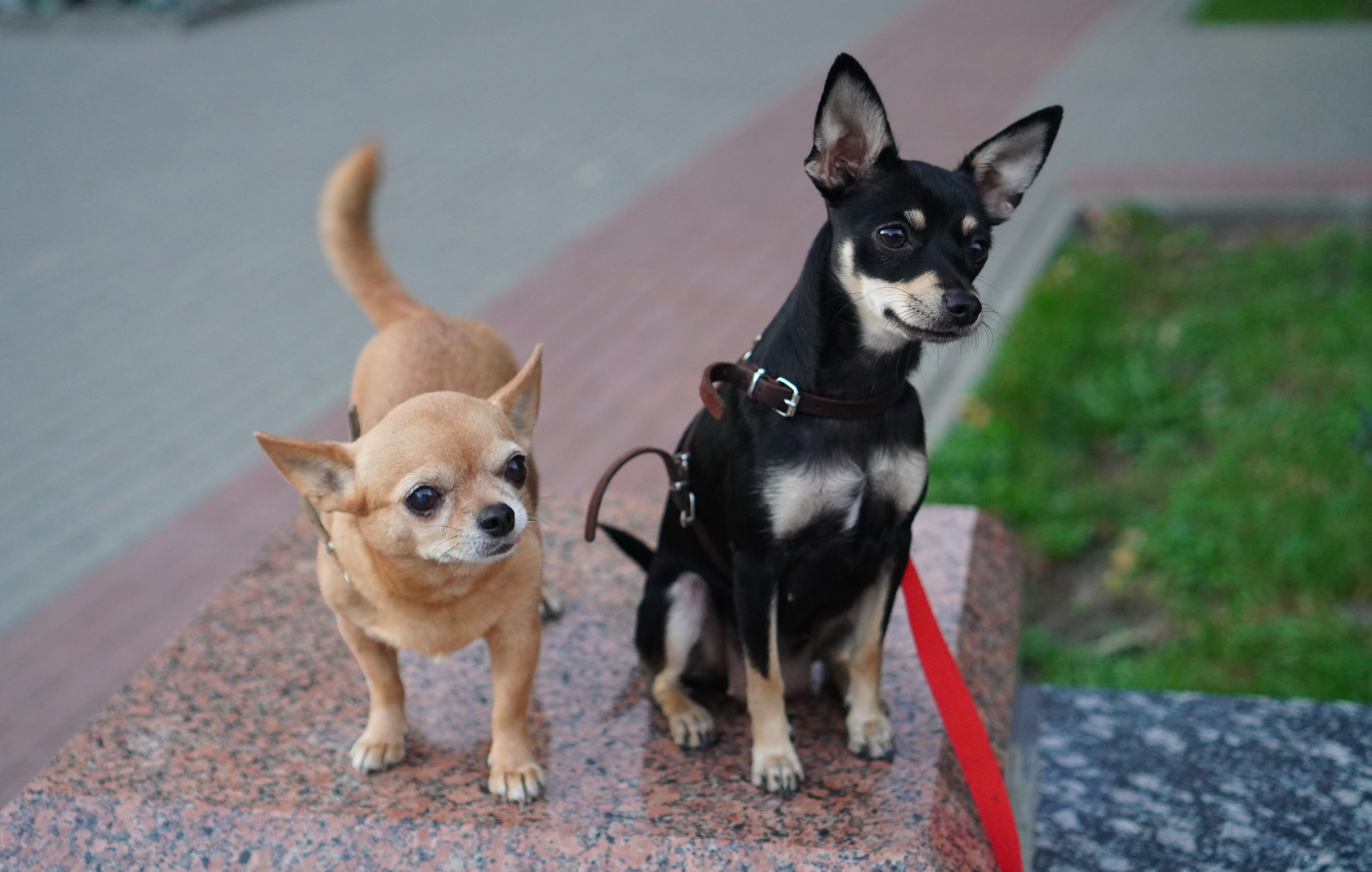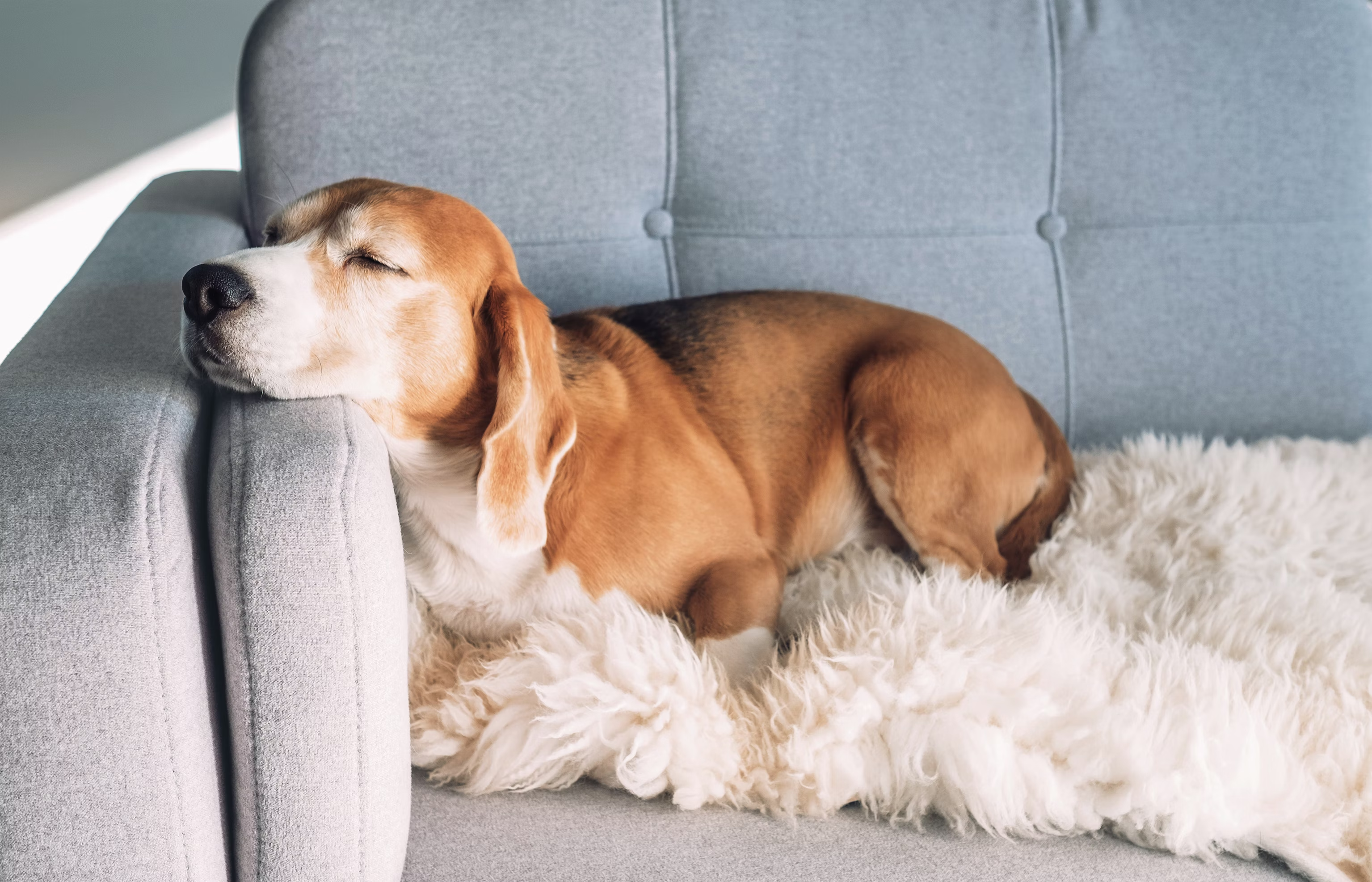If you believe good things come in small packages, a toy or small breed dog might be for you. Whether you’re looking for a lap dog to curl up with or a hiking buddy for weekend adventures, there’s likely a little pup that will check all the boxes on your wishlist. So let’s cover everything you need to know about small breeds, including common characteristics, how to choose the breed that’s best for you, and frequently asked questions.
Toy vs small breeds
Like German Shepherds and Alaskan Malamutes, small and toy breed dogs descended from ancient wolves. Over the last 200 years, selective breeding for desirable traits, including size, has led to the development of the smaller dogs we know and love today. This ability to breed for smaller sizes is, in part, inherited from those ancient wolf ancestors tens of thousands of years ago who carried both “big” and “little” variants of a gene that helps to determine body size. The gene is IGF-1, which encodes for a protein that regulates normal growth and development.
Size can be measured by weight or height. The smallest dog breed by weight is the Chihuahua, but by height it’s the Prague Ratter. Toy breeds typically weigh less than 12 pounds and small breeds top out around 25 pounds, making both a good choice for people with limited space.
Toy breeds are easy to pick up and they fit nicely in under-the-seat carriers for those interested in air travel with their pup. Some small breed dogs are similarly suitable for things like air travel and backpacks. However, the dogs on the larger end of the spectrum will need a little more space.
Many toy and small dogs are great companion pets thanks to their often friendly and affectionate personalities. However, these little dogs aren’t all part of the companion breed group. They span several breed groups, including Sporting, Terrier, and Sighthound, which each have strong working dog instincts. So when picking a toy or small dog breed for your family, one size definitely does not fit all. Though they may have similarities, each breed has its own unique qualities.
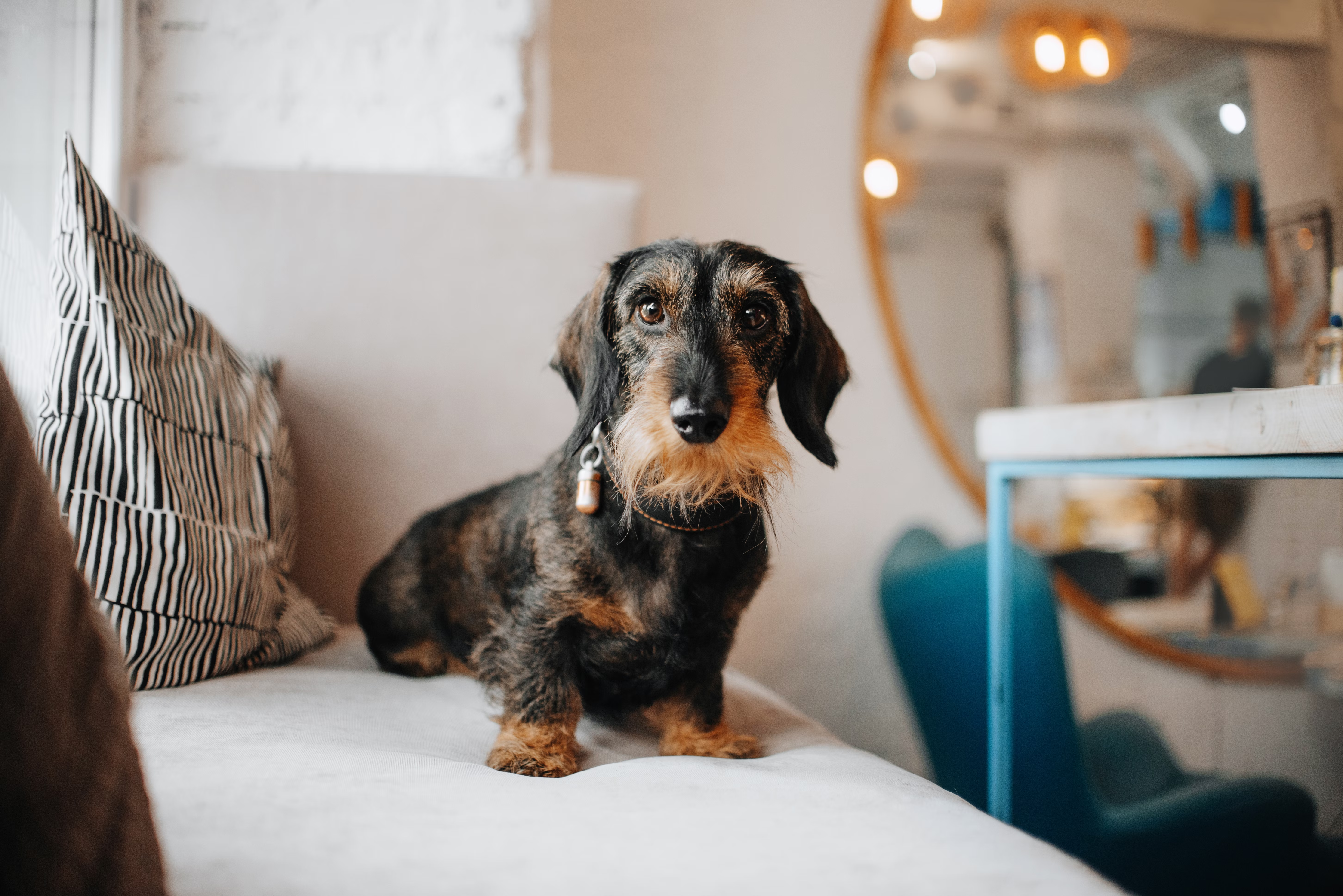
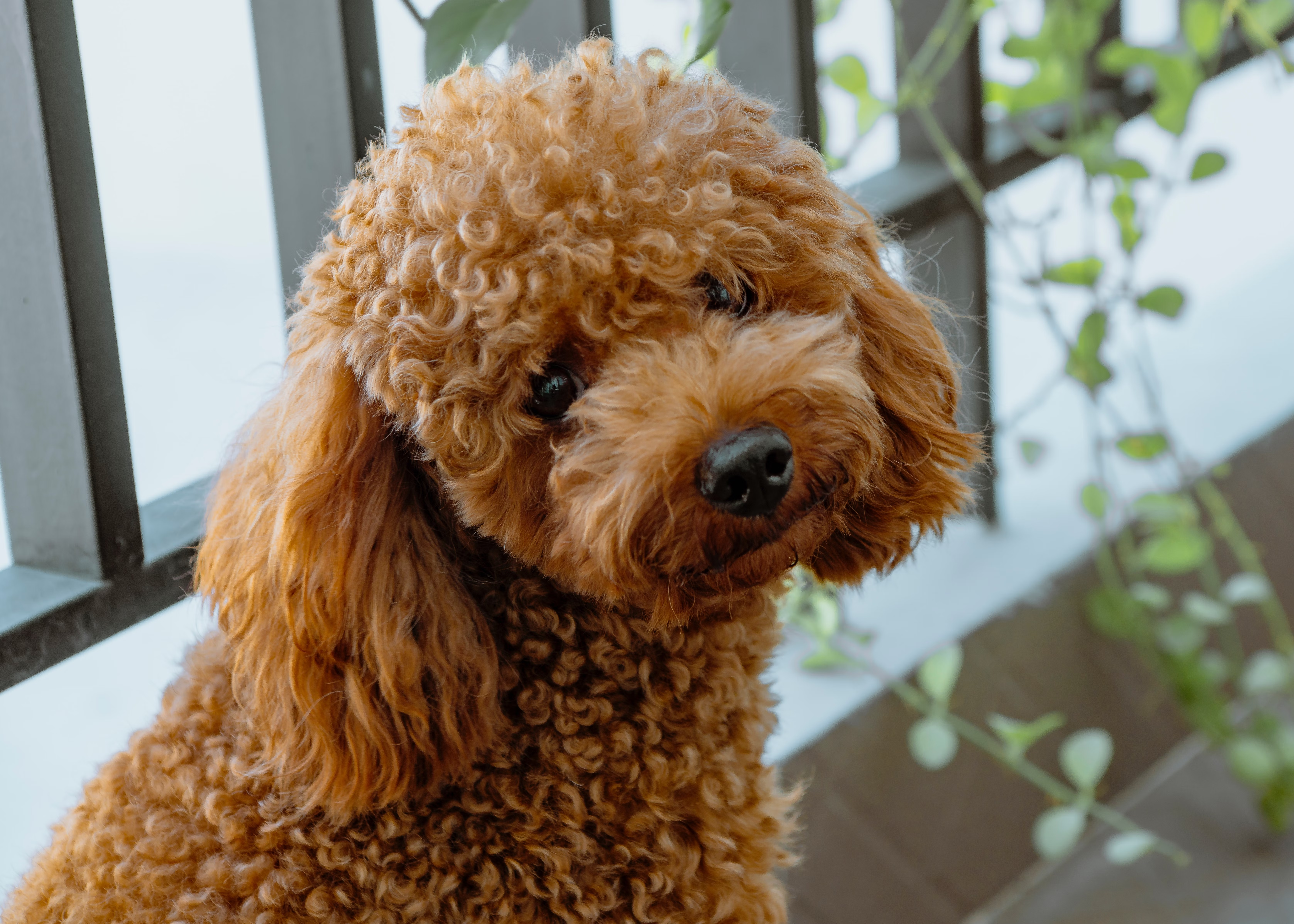
How to choose a small dog breed
There are steps you should take when choosing a dog breed. Doing some research upfront will help you find the best fit for you and your new pup.
- Think about your lifestyle: How much time do you have to dedicate to a dog, and what activities do you enjoy? For example, do you want a dog that’s comfortable at home alone for long stretches, or are you interested in a dog that’s always up for road trips and days at the office?
- Consider the ideal activity level for your dog: Some small breeds, such as the Japanese Chin, require less exercise and may be better suited to apartment living. On the other hand, dogs originally bred to work, like the Russell Terrier, need more daily exercise.
- Consider other members of the household: If you have other pets or children in the home, choosing a breed that will get along well with them is important. Because of their size, not all small breeds do well with young children who are still learning the concepts of "gentle" and "space." Breeds like the Havanese, Pug, and Rat Terrier are sturdier and often more tolerant of kids.
- Think about grooming needs: Does daily brushing fit in your schedule? How do you feel about frequent vacuuming? Do trips to the groomer for regular haircuts fit in your budget. Answers to these questions will inform the coat type you look for in a dog.
- Consider your climate: Some small, short-haired dogs struggle in very cold weather and snow. And rural locations with lots of wildlife may put small dogs at risk from larger predators.
- Find a reputable breeder or rescue organization: If you’re interested in adopting a small dog breed, make sure to find a reputable organization that gathers as much behavioral and health information about their dogs as possible and works hard to match dogs with their ideal family. When it comes to finding a breeder, choose a responsible person that screens their puppies for genetic health conditions, freely and openly answers questions, and ideally lets you meet the puppy’s parents before you finalize the adoption.
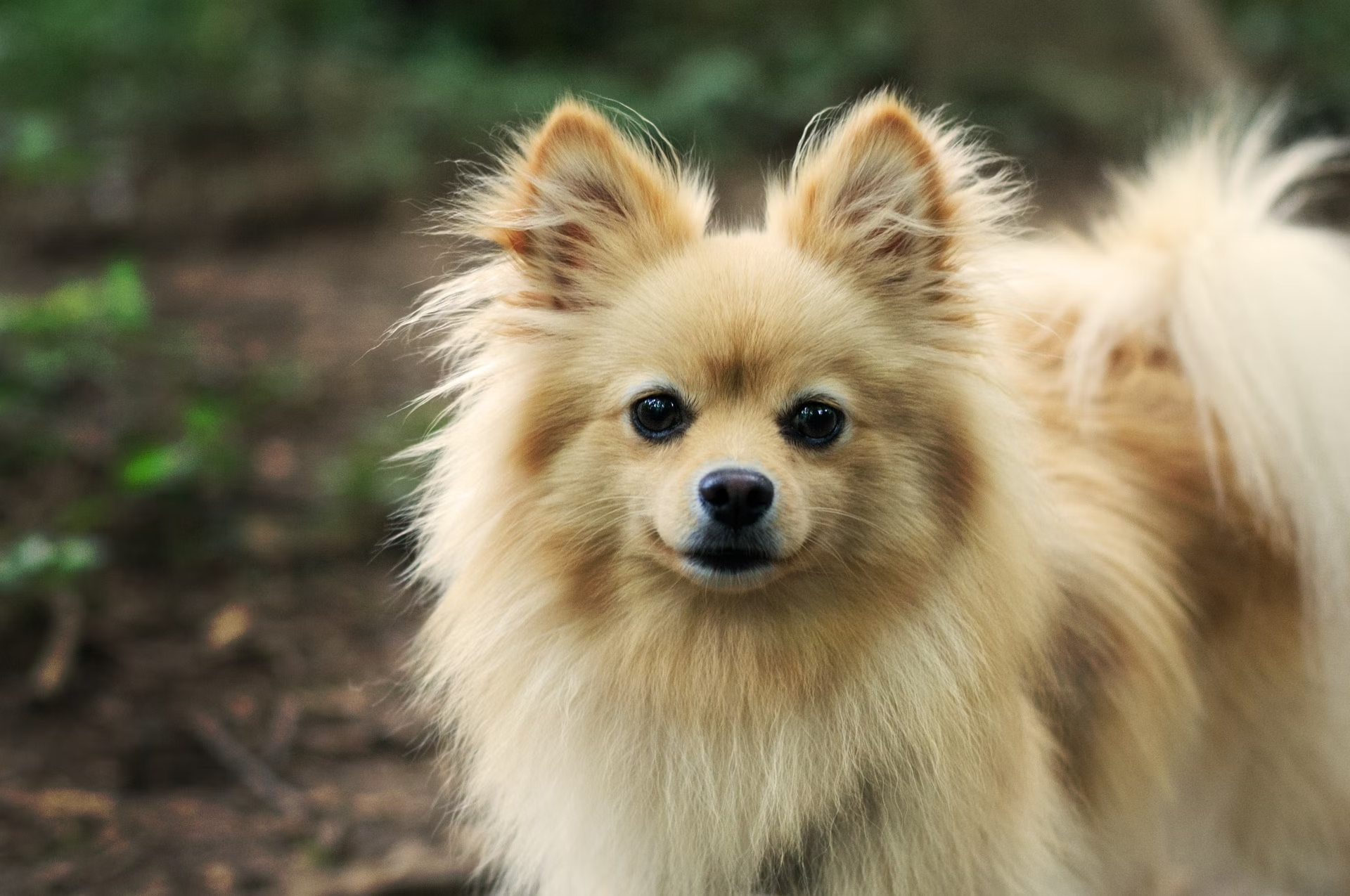
Popular toy and small breeds
There are so many different toy breeds to choose from, each with their own lovable characteristics and appearance. Here are a few of the most popular toy breeds:
- Poodle: Toy and Miniature Poodles offer a "big dog personality" in a small, curly-coated package. These athletic, intelligent, playful pups form close relationships with their people. And their sensitive nature and willingness to please make them great candidates for therapy dogs.
- Maltese: Don’t let their small size fool you. Maltese dogs have a ton of energy. These affectionate, playful dogs make friends wherever they go and are surprisingly good watchdogs.
- Chihuahua: Chihuahuas are the smallest dog breed in the world, but you wouldn’t know it based on their giant personalities. They tend to bond closely with one or two people and will shower them with affection and loyalty.
- Pomeranian: Pomeranians are cheerful pups with playful personalities. They like to show off, so provided they’re treated respectfully, they will happily keep those around them entertained for hours.
- Yorkshire Terrier: Affectionately called Yorkies, these are lively, playful dogs that—despite their tiny size—are more than willing to protect their beloved families if the need arises. Yorkies crave attention from their people and like to accompany them wherever they go (so it’s a good thing they fit easily in a handbag).
- Miniature Dachshund: Doxies are alert, spunky dogs. They love to be surrounded by family and prefer tagging along on adventures rather than being left alone.
- Pug: Pugs always love curling up for a snooze. But these little charmers also enjoy games of fetch and trips to the dog park. Kids love the Pug’s playful nature, and Pugs love kids. Win-win.
- Havanese: The Havanese is an extroverted breed that thrives on attention and companionship and tends to be less vocal than other small dogs. These petite dogs are excellent with kids and often entertain them with their latest tricks (a carryover from their early days as circus dogs).
- West Highland White Terrier: Westies are independent pups that love outdoor activities. They are intelligent, confident, and make good watchdogs.
- Shih Tzu: This quiet breed makes a good lap dog and willing playmate. They love to be around their humans and have trusting, affectionate personalities.
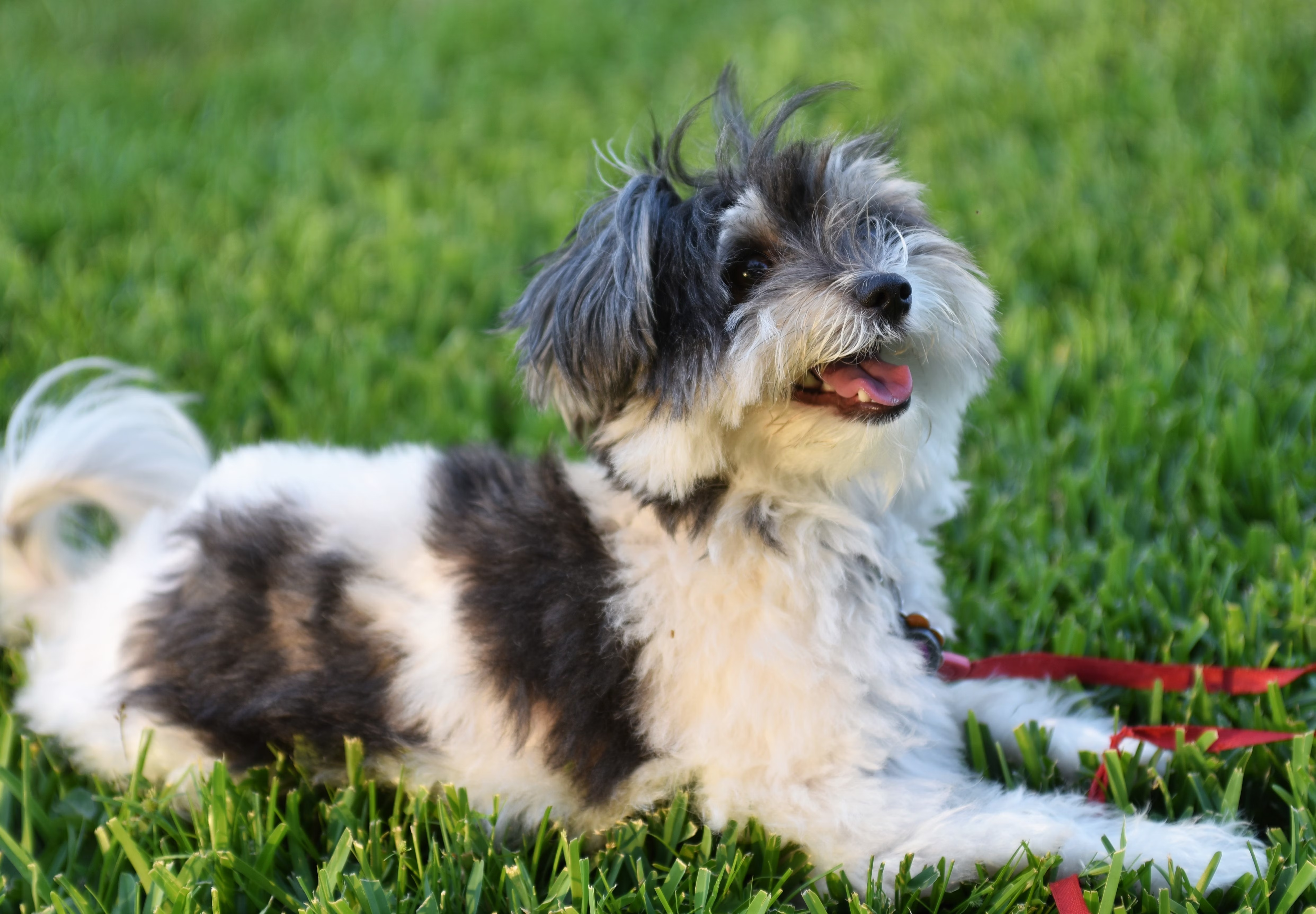
Caring for small breed dogs
Exercise and nutrition
All dogs need daily exercise to thrive. The amount and type of exercise your dog needs depends on their breed, age, and overall health. Toy breeds like the Chihuahua or Bichon Frise may get enough exercise by playing in the house or taking short strolls through the neighborhood. Bigger dogs like the Shetland Sheepdog or Boston Terrier need more physical activity. In addition to walks and playtime, they often enjoy agility, rally, and other dog sports.
Obesity is a growing health concern for dogs, and it isn’t just about aesthetics. Obesity causes significant strain on the joints and back, and predisposes dogs to a host of other chronic diseases. In a nutshell, obesity often shortens dogs’ lifespans. Since toy and small dogs don’t eat a large volume of food each day, they are easy to overfeed–after all, extra kibbles and treats add up fast in their little bowls. To keep them at a healthy weight, consider them feeding a diet formulated for small dogs, and measure their portions to help prevent over-feeding.
Health considerations
Different breeds are prone to different genetic health conditions. One way to determine their risks is to use the Wisdom Panel breed library to research the breeds you’re interested in, and to understand what aspects of health might need extra attention in the course of your dog’s life. In addition to any breed or individual genetic predispositions, all dogs are susceptible to common health concerns such as dental disease, parasites, infections, and injuries. That’s why routine vet visits and preventive care are so important.
Small breed dogs can be more prone to dental disease due to their small mouths and crowded teeth. Other health issues common in small dogs include patellar luxation and other orthopedic diseases, birthing complications, cardiopulmonary disease, bone fractures (from being dropped while being held, for example), and hypothermia due to small body mass. For a more complete list, check out our blog post on common health conditions in small breed dogs.
Learn more about your pup with a Wisdom Panel DNA test
If you want to learn more about the genetic background of your small dog, consider using a Wisdom Panel DNA test. Our tests can provide valuable insights into your dog’s breed composition, ancestry, potential health risks, and behavioral traits.
